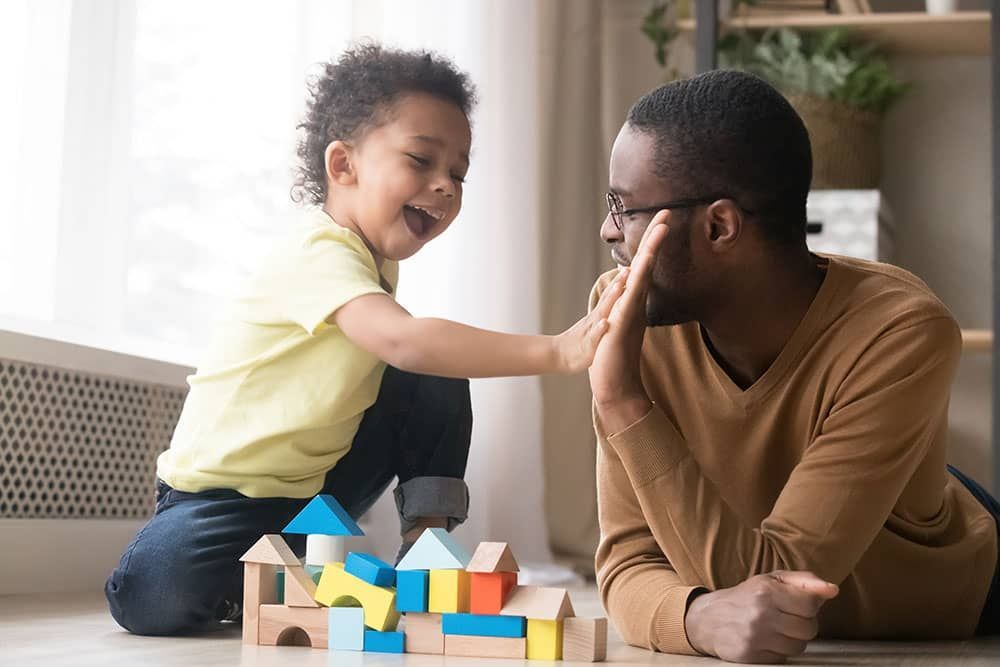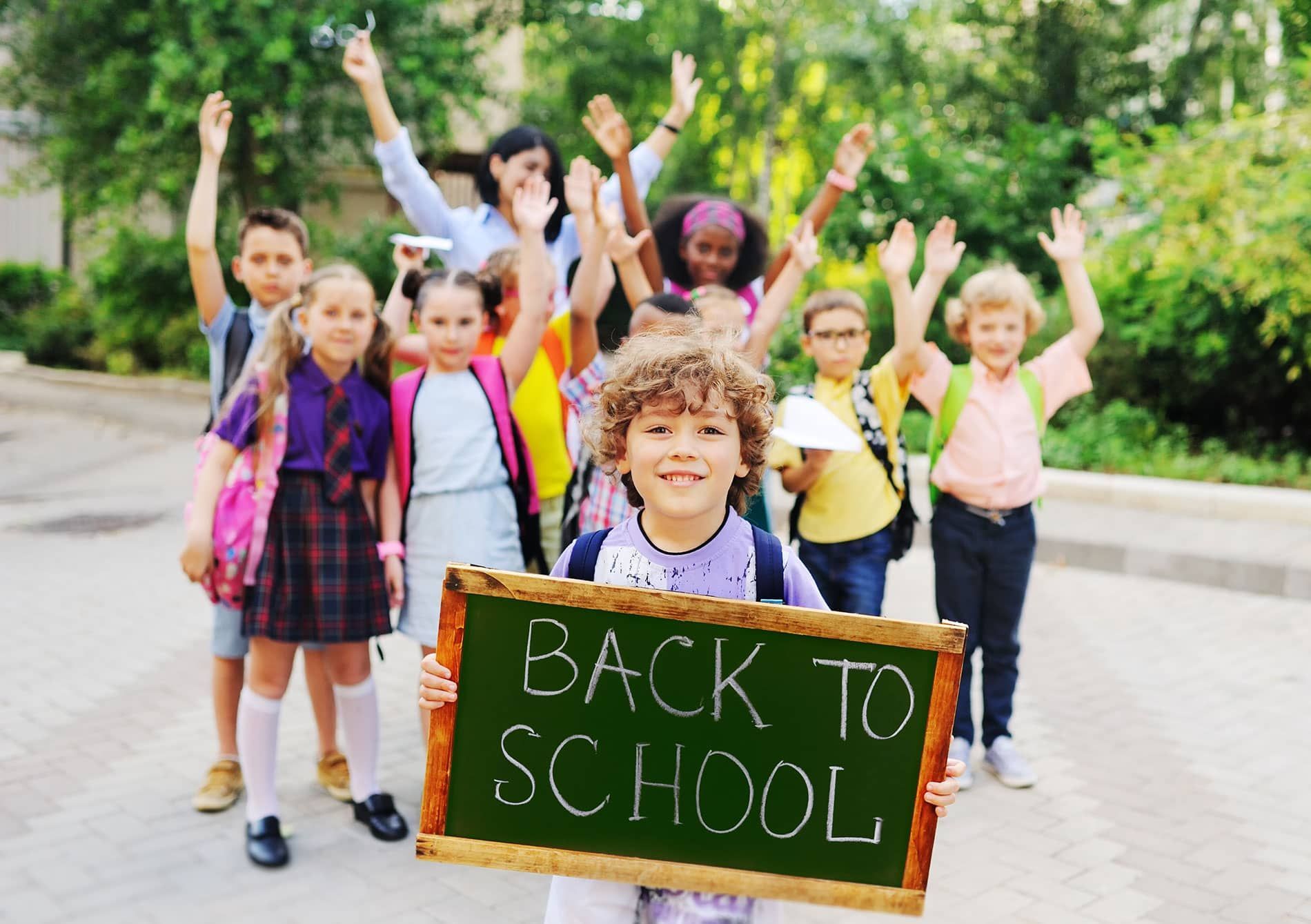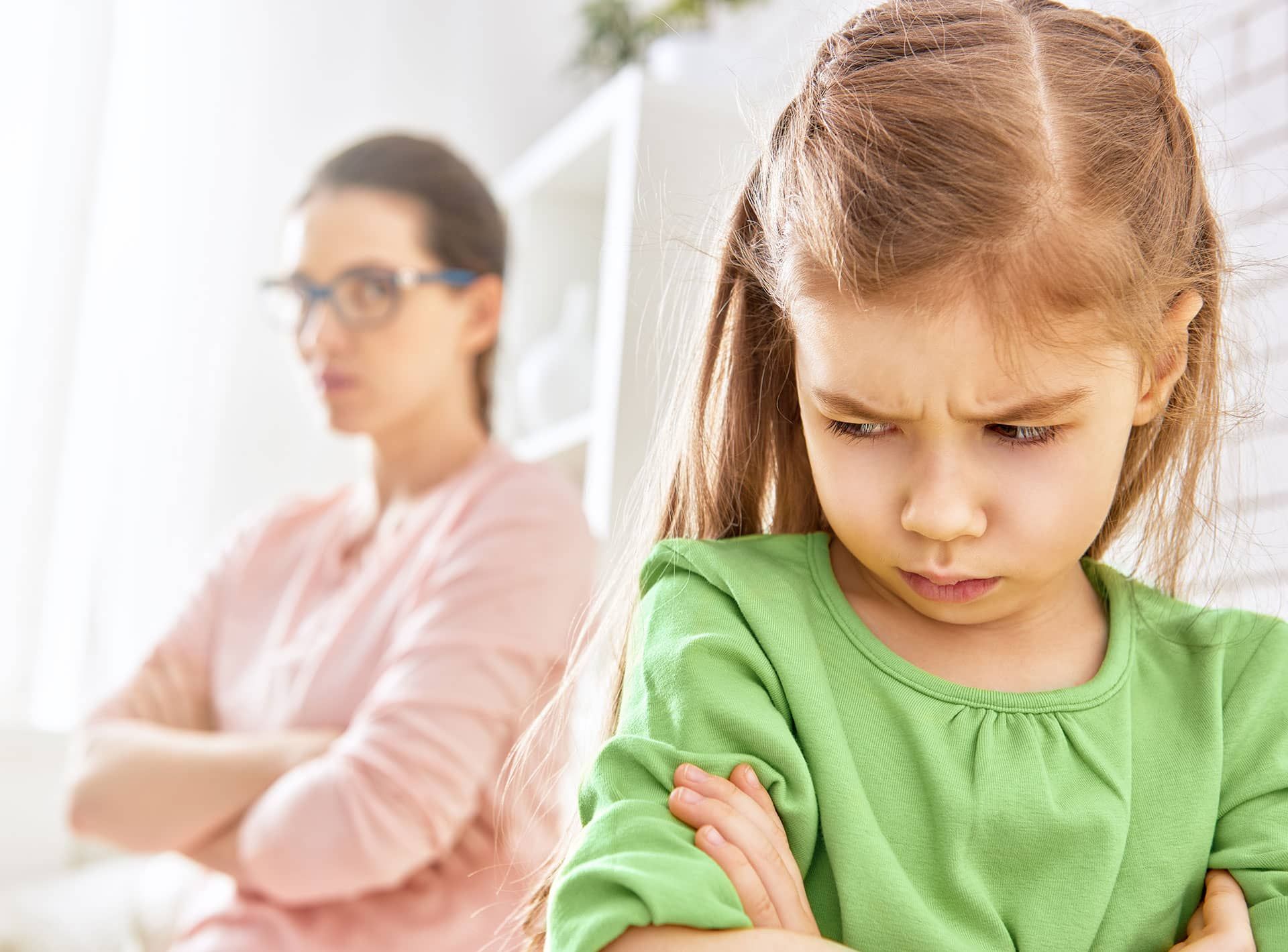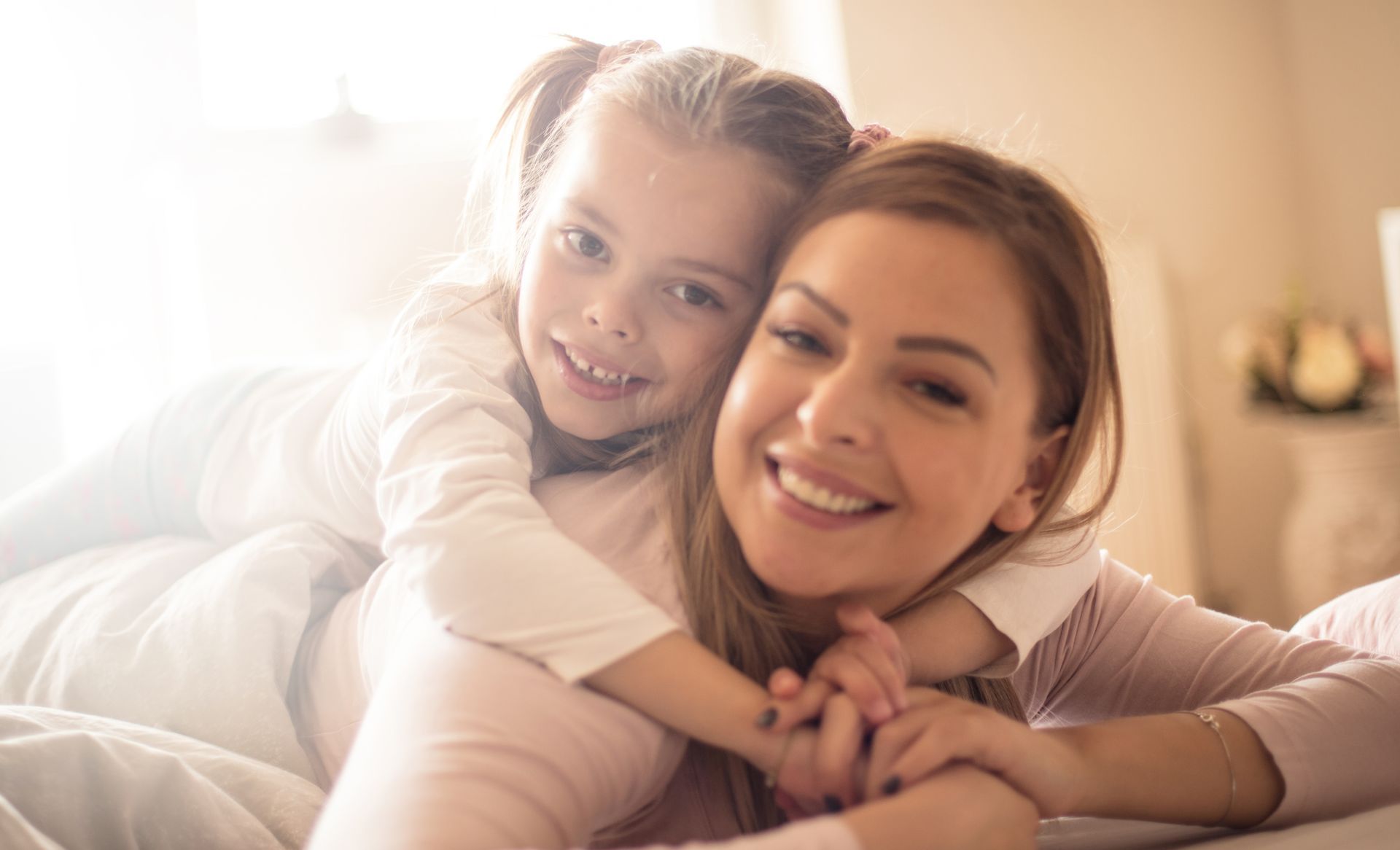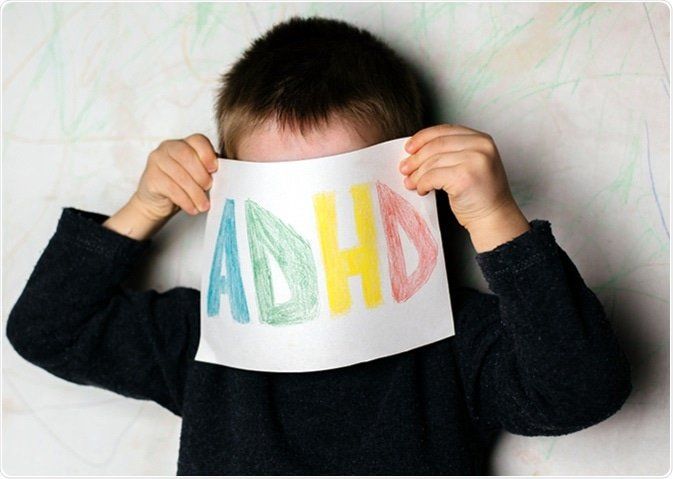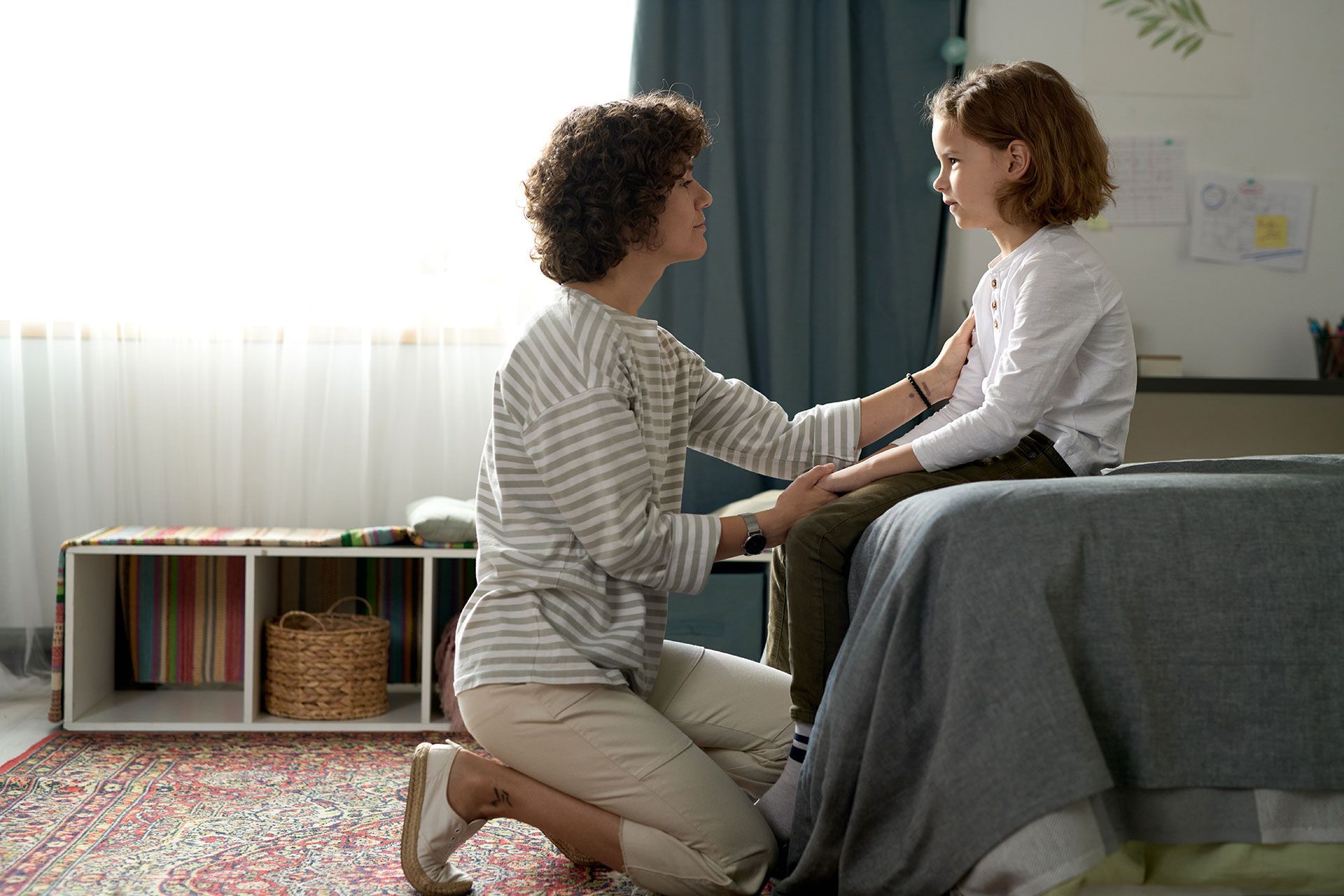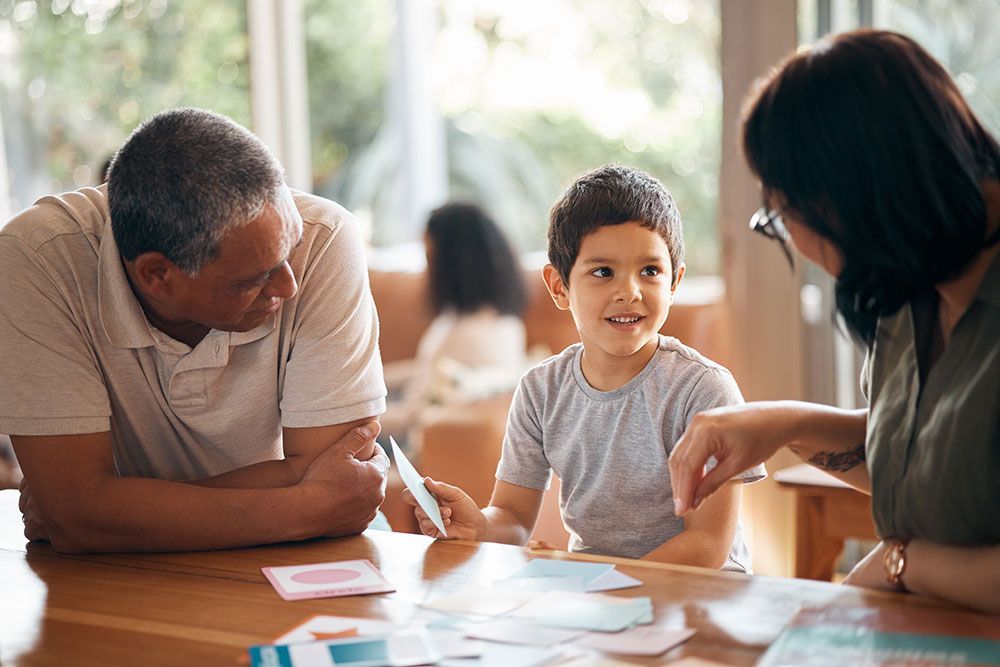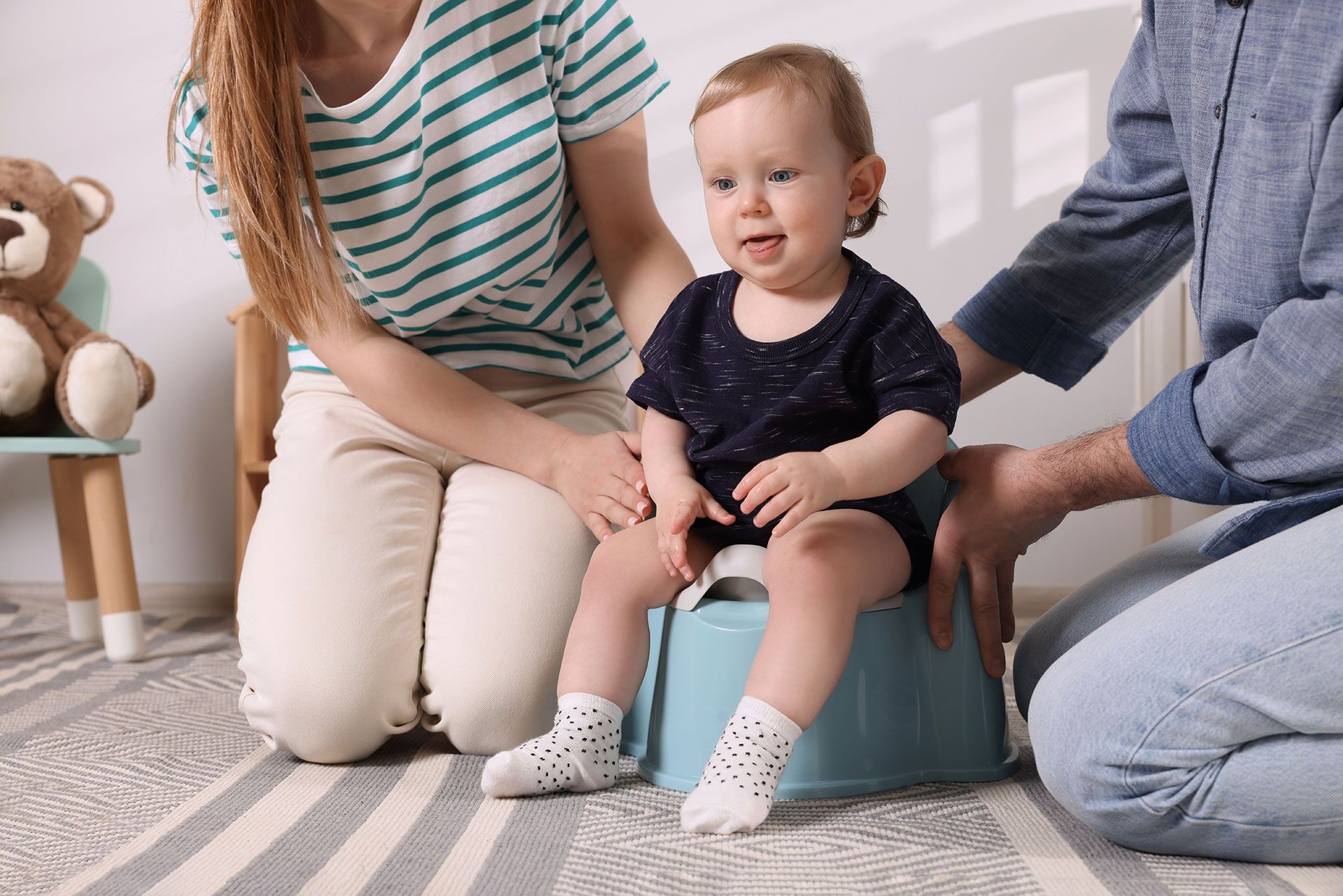|
FICTION: Some people
think that kids with ADHD are “lazy,” or “oppositional”;
while some might even write them off as “not as intelligent as their peers.”
FACT:
ADHD
is a neurodevelopmental
problem.
This means that it is a“brain issue”with the imbalance of neurotransmitters such as dopamine
,
which plays a key role in regulating one's: motivation, cognitive
function, pleasure, memory, attention, and problem-solving.
ALL teachers have been appropriately trained and given all
of the necessary tools and resources to effectively educate all learning
styles of children in the classroom during their school day.
FACT:
Most
teachers are taught to educate the “typical” student and with their
available resources (or some might argue lack thereof), they only have the
means to educate the “typical child” versus the “atypical student” (i.e.,
the ADHD/learning disabled child) that may require more attention and special
accommodations outside the standard structured classroom. For
example,
a standard elementary school punishment for misbehaving in
class (whether it be from excessive talking, not following directions, or
whatever the minor infraction might have been), would be to hold the
child back from recess/free playtime.While
this punishment seems to make sense for a “typical child” in a “time
out scenario,” this could havethe opposite (and negative)
effect on an ADHD
child, who desperately needed this free play/recess to relieve their excess
energy which caused them to act out in the first place.
ADHD is an overdiagnosed pediatric disorder that only
applies to children and usually remediates once they complete school.
Adults don't really suffer from ADHD.
FACT:
While it is most prevalent in children to be diagnosed at
this age, partially due to such a “safety net” of observers (e.g., teachers, pediatricians,
parents, family members, school and independent counselors, and adolescent psychiatrists)
are available as a “team” to help all of our children get through adolescence,
so that if one of them notices that the child is struggling, early intervention
and diagnosis is possible.
FACT:
It is
estimated that approximately 30-40%
of the pediatric ADHD
population no longer meets the criteria for an ADHD diagnosis in
adulthood.
MISCONCEPTION: Medication is the only
effective treatment for ADHD.
FACT:
While
medication is
shown to be effective in the treatment
of ADHD, it is best used in conjunction with a holistic approach for
maximum results. Think of it this way: to quote our Clinical Director,
Dr. Jim Zettel, “Pills
don't teach skills.”
Treatment is most effective with a multimodal
approach of behavior modification (including parent training for younger
children), executive skills training, maintaining a healthy
lifestyle to include good sleep hygiene, and a properly balanced diet
with sufficient protein, good fats, and complex carbohydrates. With this
combination (skills training, a healthy lifestyle, and a good support
system), many have shown success weaning off of their ADHD medication
altogether by utilizing their healthier coping skills.
|
